
Beneath the Witch's Moon Super Blue Blood Moon Say What?
The moon's red hue is caused by red-orange light refracted through Earth's atmosphere and can appear even redder if there are more. Those on the East Coast will miss the full blood moon, but.
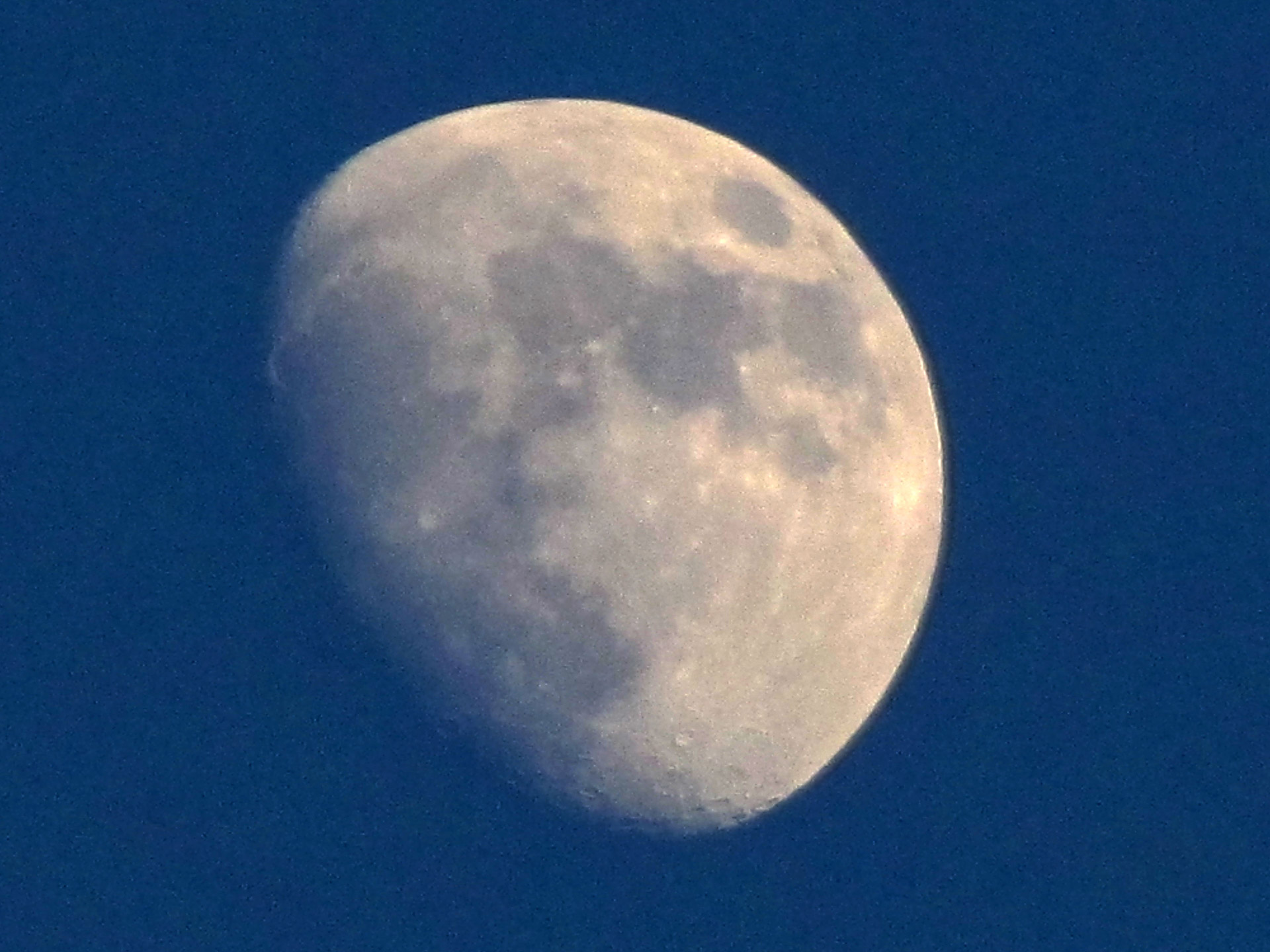
Moon Of Blue Free Stock Photo Public Domain Pictures
An optimal time to view a full moon is just after sunset when it is on the horizon and takes on a deep orange color, astronomer Tom Kerss told Forbes. The super blue moon should be at its.
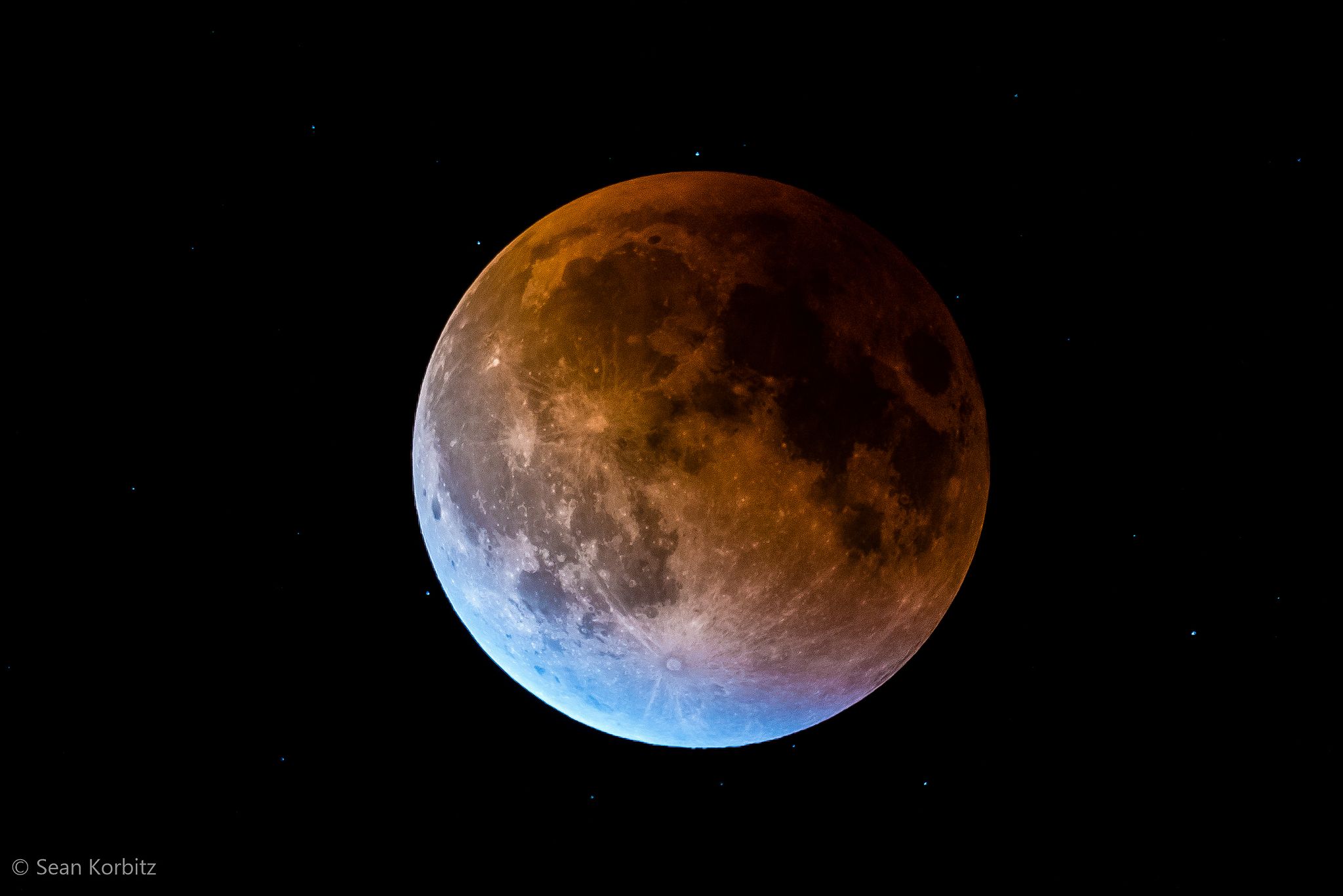
How to View the UltraRare Super Blue Blood Moon in Vietnam Tomorrow
Blue Moon Belgian White is a Belgian-Style wheat ale brewed with Valencia orange peel for a subtle sweetness and bright, citrus aroma. ABV. 5.4% | IBU. 9. Blood Orange Pale Ale. A classic citrusy pale ale brewed with a hint of blood orange to accentuate the hops. ABV. 5.5% | IBU. 40. Blueberry Berliner. A fruity, lightly tart refreshing wheat.
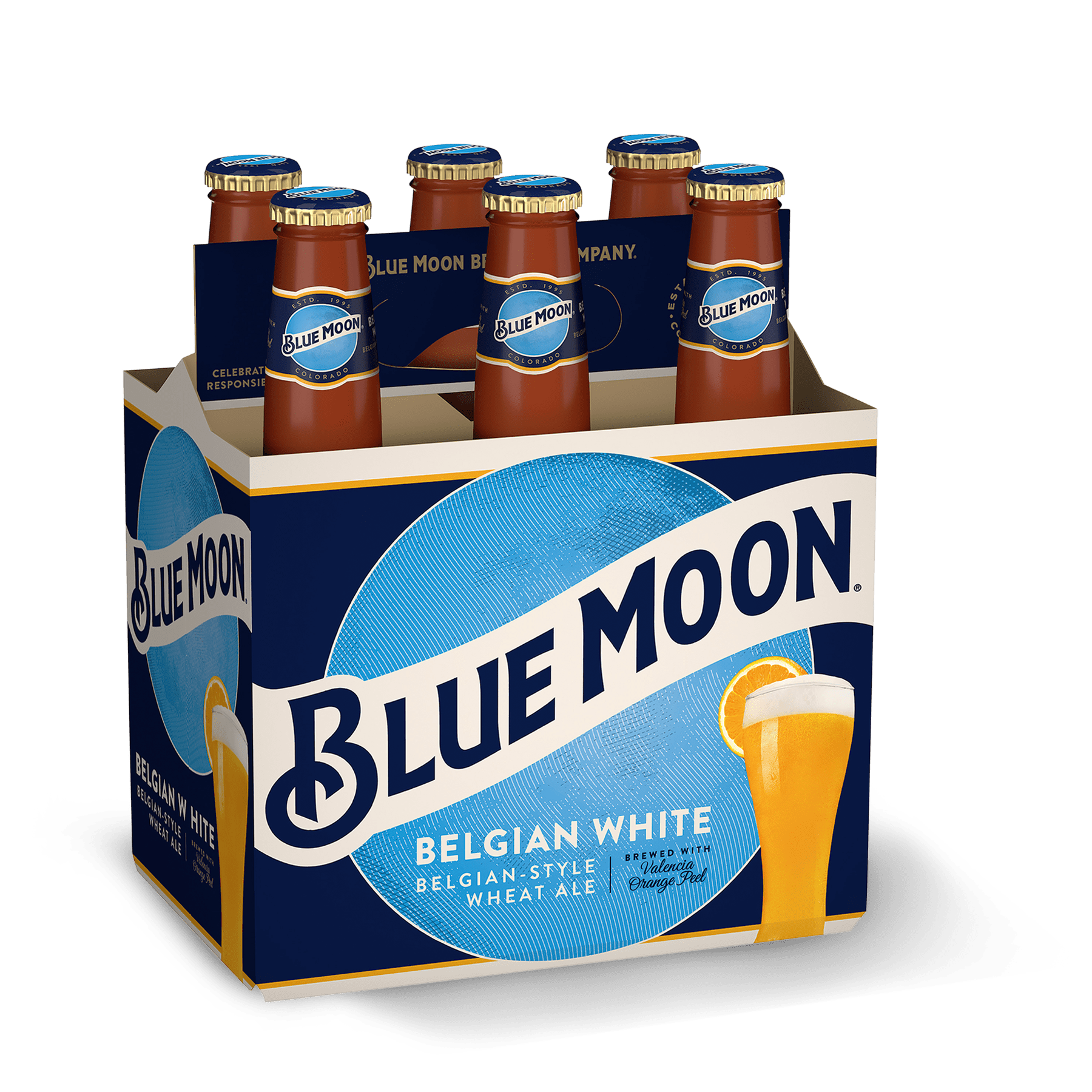
Blue Moon Beer Near You, Open 24/7 7Eleven
A view of the Super Blue Blood Moon rising over the USS Midway in San Diego, California on January.[+] 31, 2018. Stargazers across large swathes of the globe — from the streets of Los Angeles.
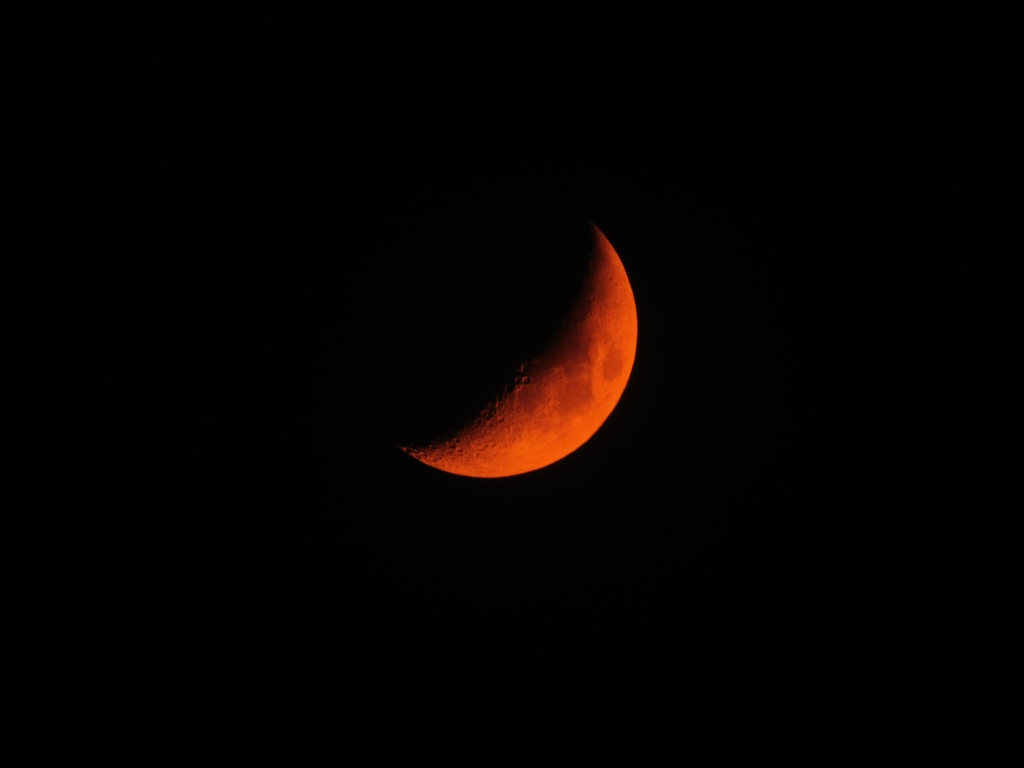
Photo of the week 9272017 Shez Photography
Earth's atmosphere filters out blue light. The 7 best places to see the 2024 total solar eclipse. Why Are Blood Moons Red? Blood Moon is not a scientific term, though in recent times it is being widely used to refer to a total lunar eclipse because a fully eclipsed Moon often takes on a reddish color—like in the image below, which was taken during the total lunar eclipse in September 2015.

Photography Blue Moon, Blood Moon, Super Moon
Lunar eclipses are sometimes called " Blood Moons " because of this phenomenon. During a lunar eclipse, Earth's atmosphere scatters sunlight. The blue light from the Sun scatters away, and longer-wavelength red, orange, and yellow light pass through, turning our Moon red. *not to scale. Credit: NASA Goddard Space Flight Center/Scientific.
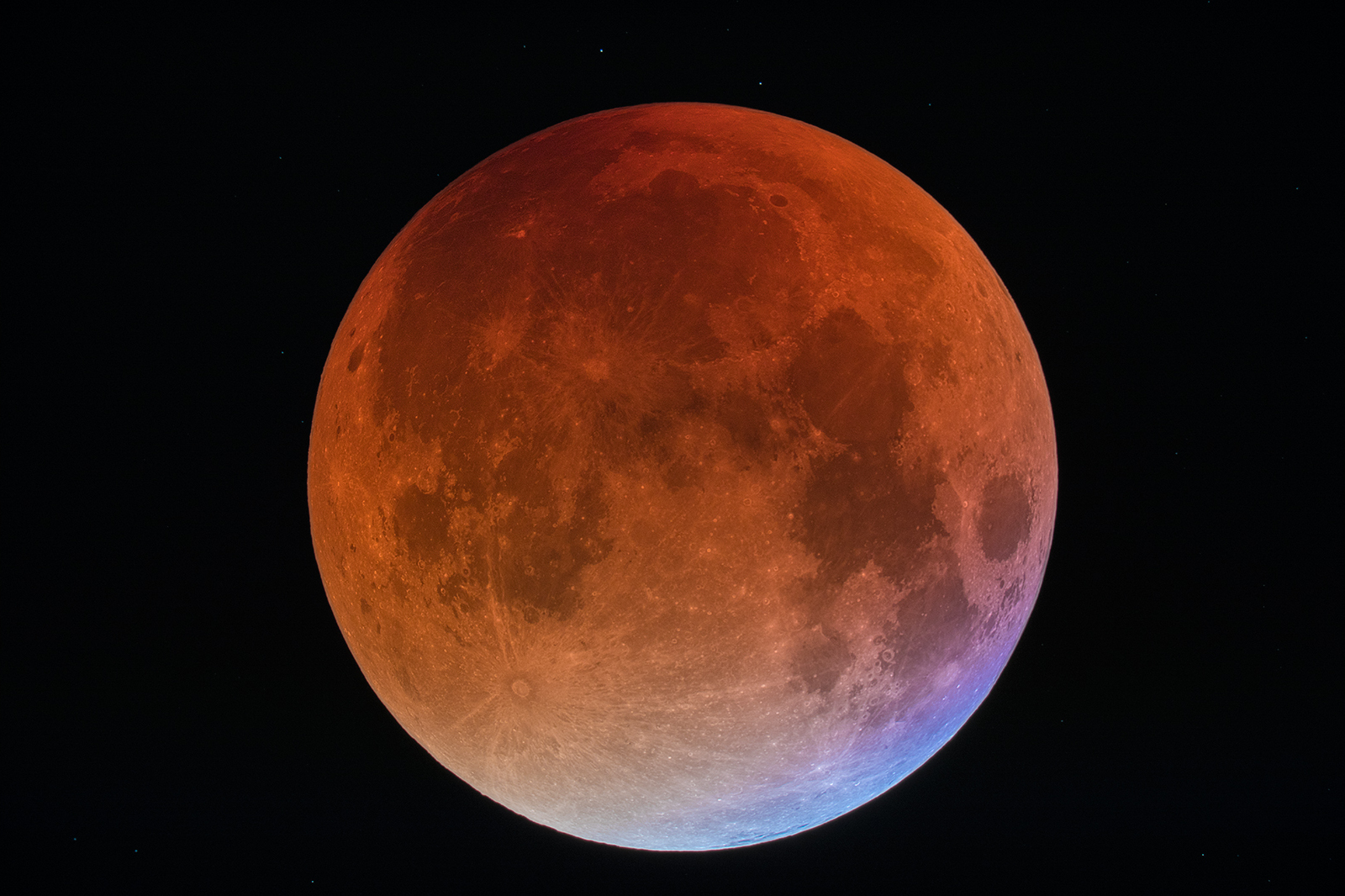
APOD 2015 October 3 A Blue Blood Moon
A full moon occurs when the side of the Moon facing Earth is fully lit up by the Sun. There are a few different types of unusual full moon types, which include blood moons, supermoons, blue moons, and harvest moons, and others. When you look up at the night sky, you might notice that the Moon looks a little different each night.
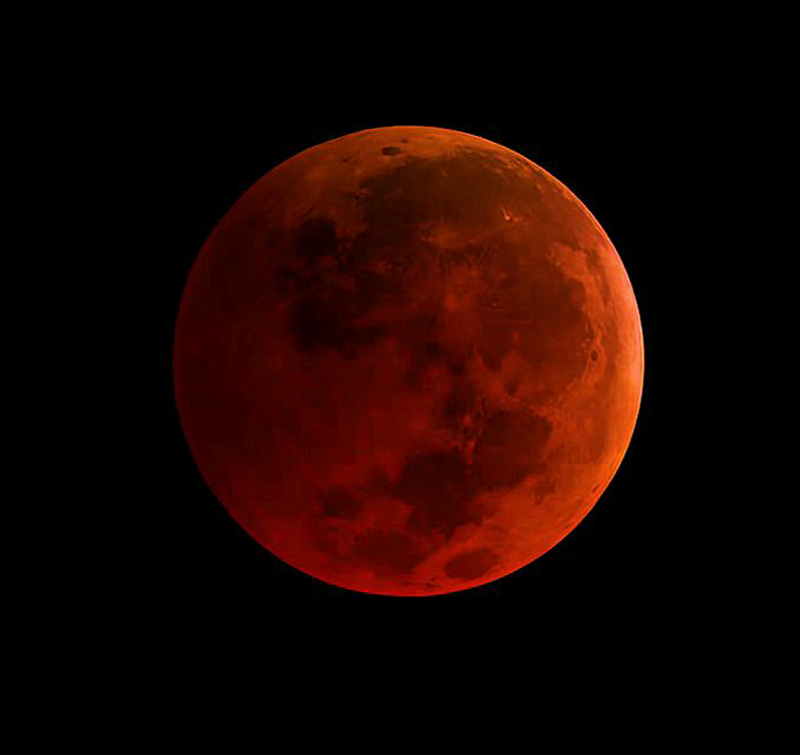
Super Blue Blood Moon January 31 at Dawn Vanderbilt Museum
The last total lunar eclipse for three years occurs on November 8, 2022, with the next occurring on March 14, 2025 — though we will continue to see partial and penumbral lunar eclipses during that time. A lunar eclipse occurs when the Sun, Earth, and Moon align so that the Moon passes into Earth's shadow. In a total lunar eclipse, the.
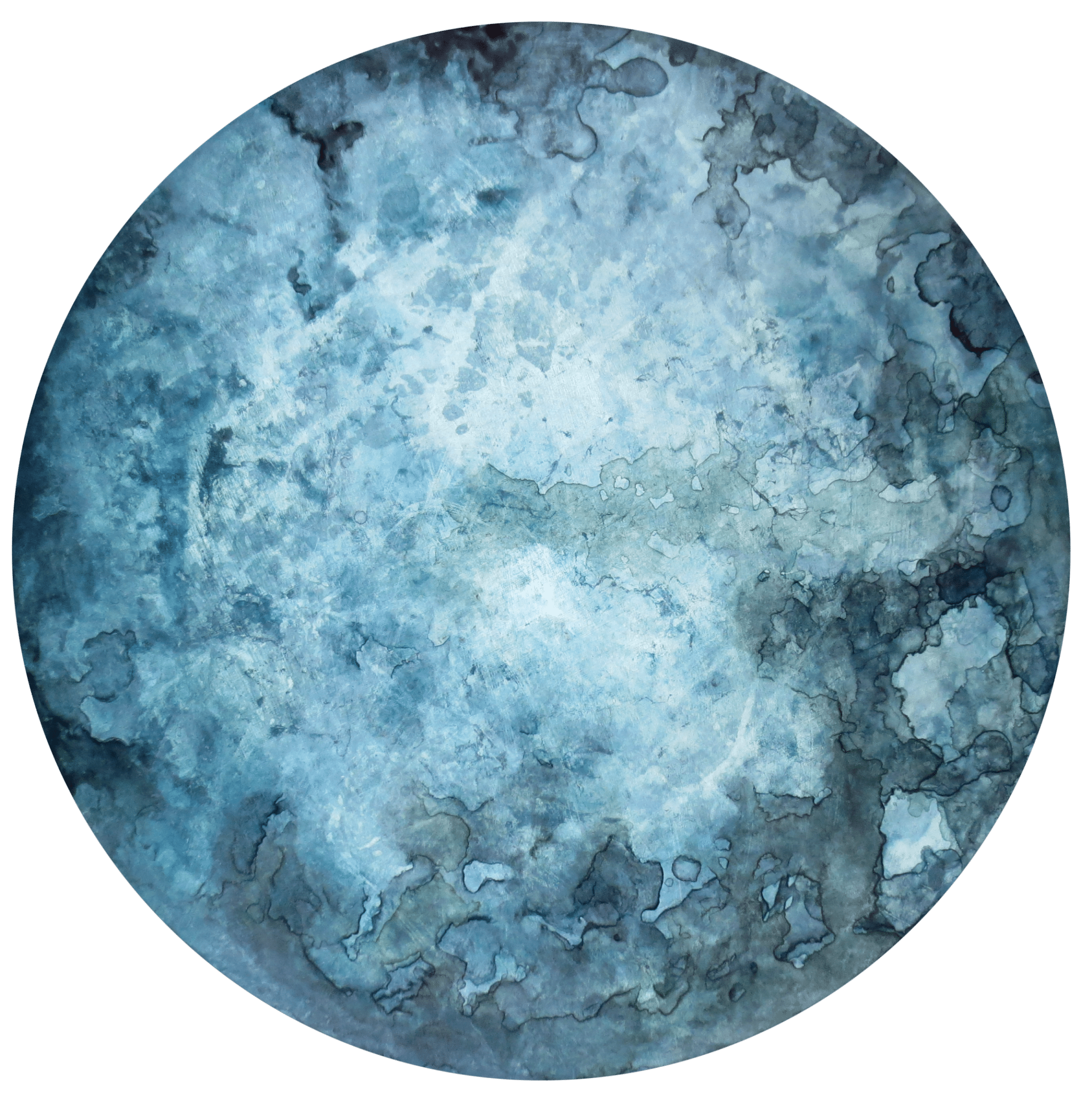
"Blue Moon" Anita Levering Art for business or home Mobile Art
January 29, 2018. • 6 min read. Lucky sky-watchers just got a cosmic three-for-one deal, as the second super-size full moon in a month underwent a dramatic total lunar eclipse on January 31.
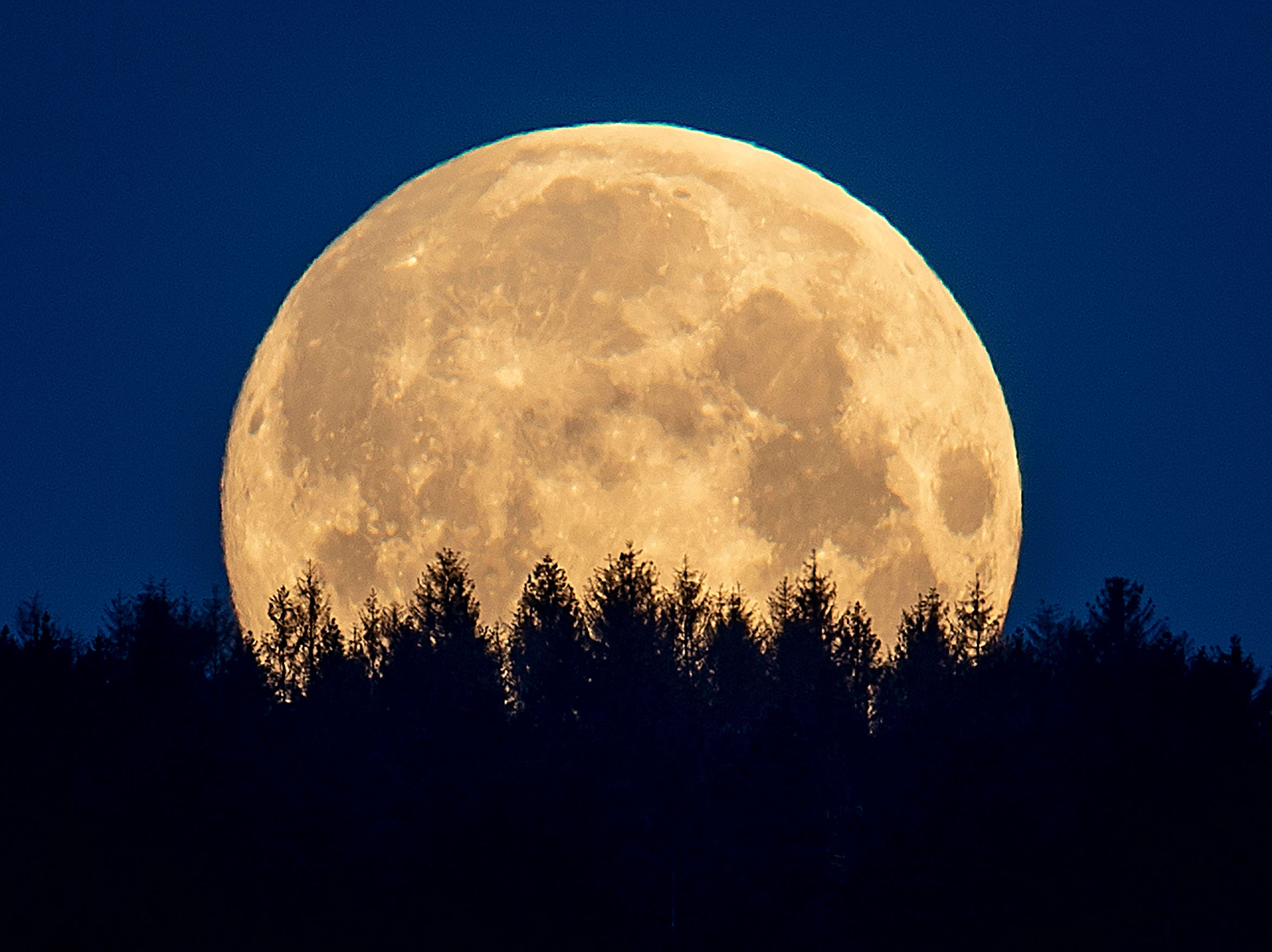
A rare Blue Blood Moon rises on Halloween. Here's what that means
As the Moon begins to set in the morning hours of January 31, 2018—between 5:51 and 7 am Eastern Standard Time, to be precise—people in New York City will have the chance to glimpse a lunar event that hasn't happened in both hemispheres for more than 150 years: a so-called Super Blue Blood Moon. The visualization below shows the Super.
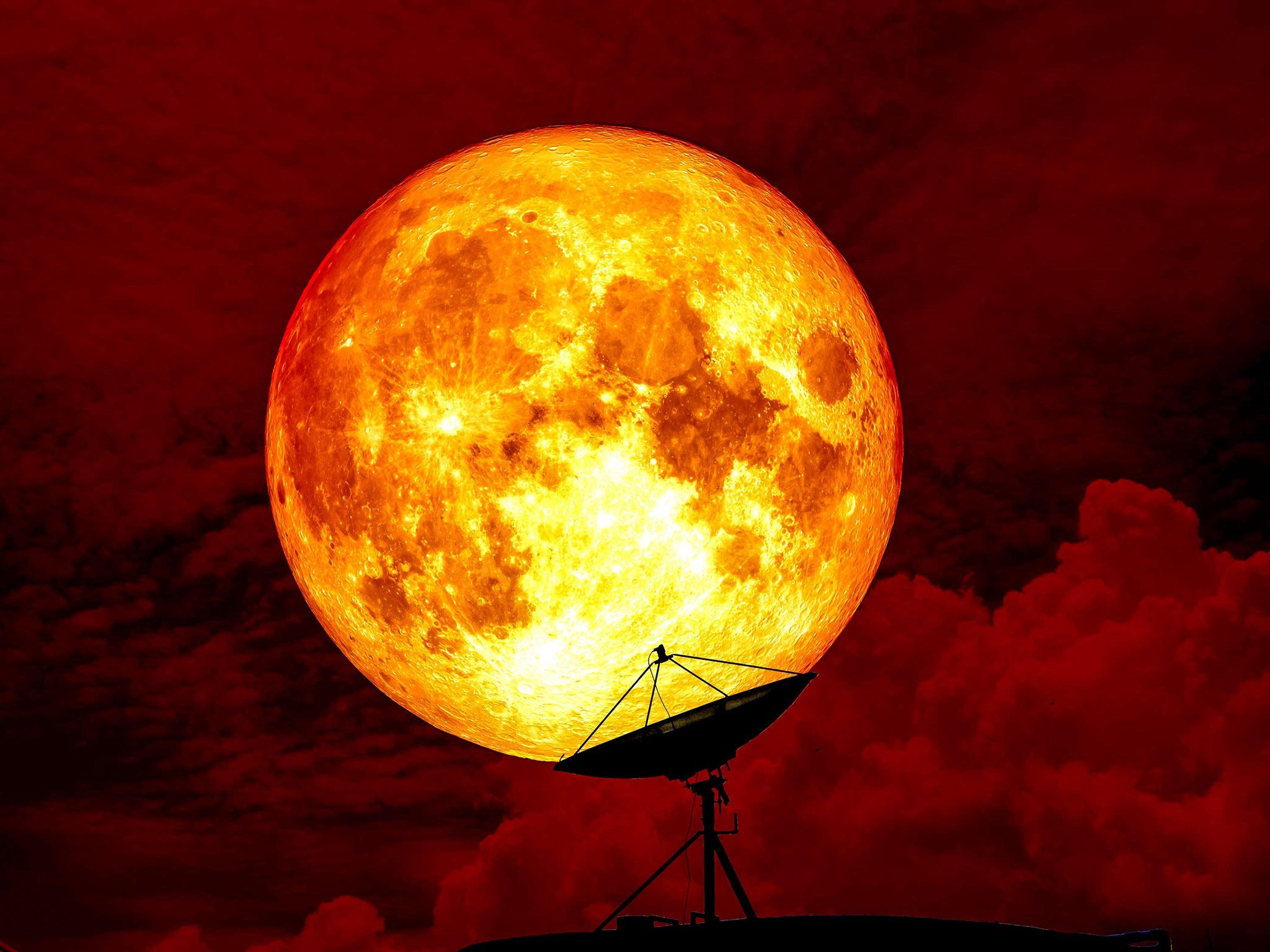
Super blue blood moon End of January to see stunning collision of
Like all full moons, the supermoon rises in the east around sunset and sets in the west around sunrise. It is highest overhead in the late night and very early morning hours. The lunar eclipse is harder to catch. The total eclipse, or the time when the Moon is in deepest shadow, will last for about 15 minutes.
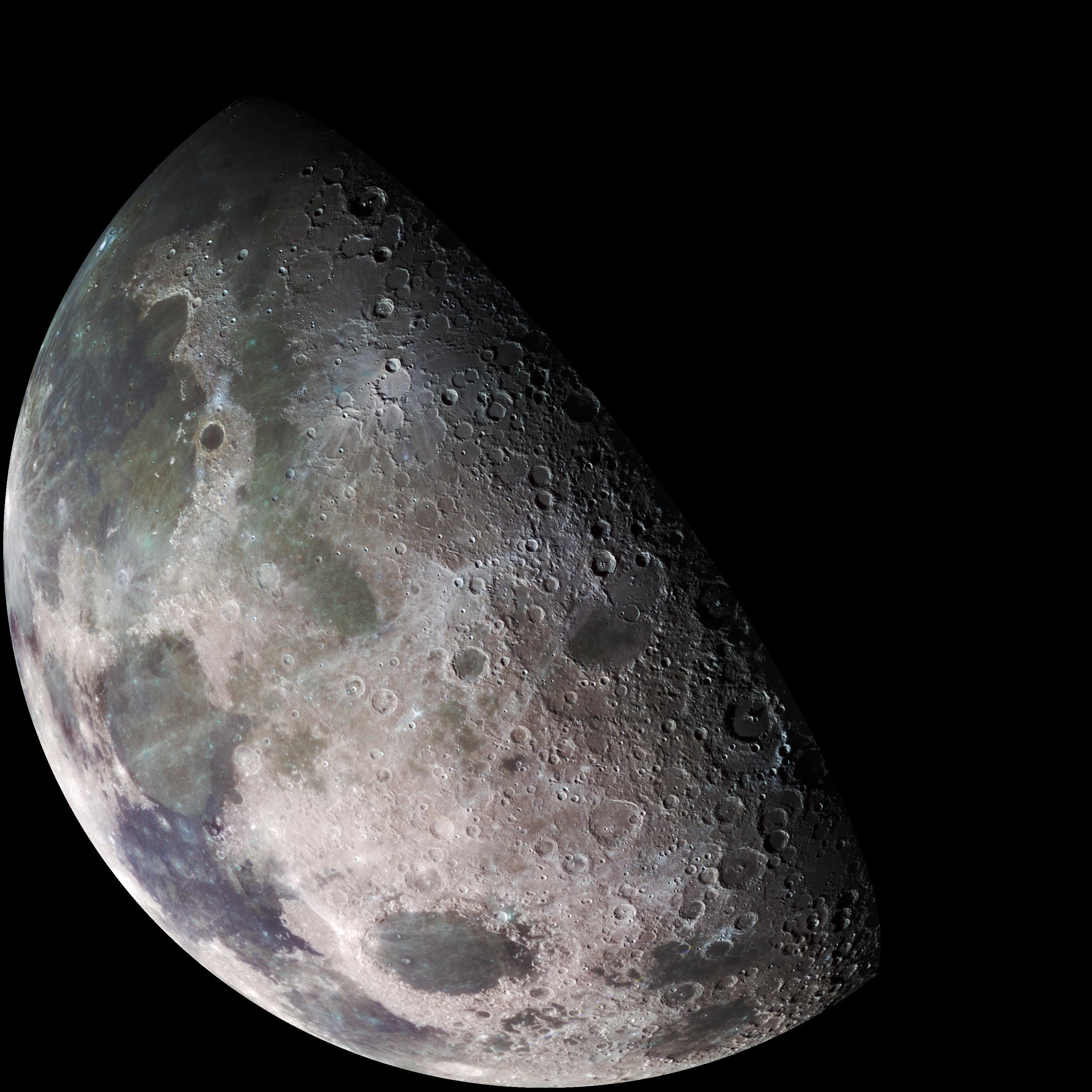
FileEarth's Moon.jpg Wikimedia Commons
A blue Moon is a completely human-made construct, due to our Gregorian calendar not matching the lunar cycle. The average complete lunar month takes 29.5 days. As our calendar months are defined to have between 28 and 31 days, it follows that almost every month there is a repeat of up to five per cent of the lunar cycle.
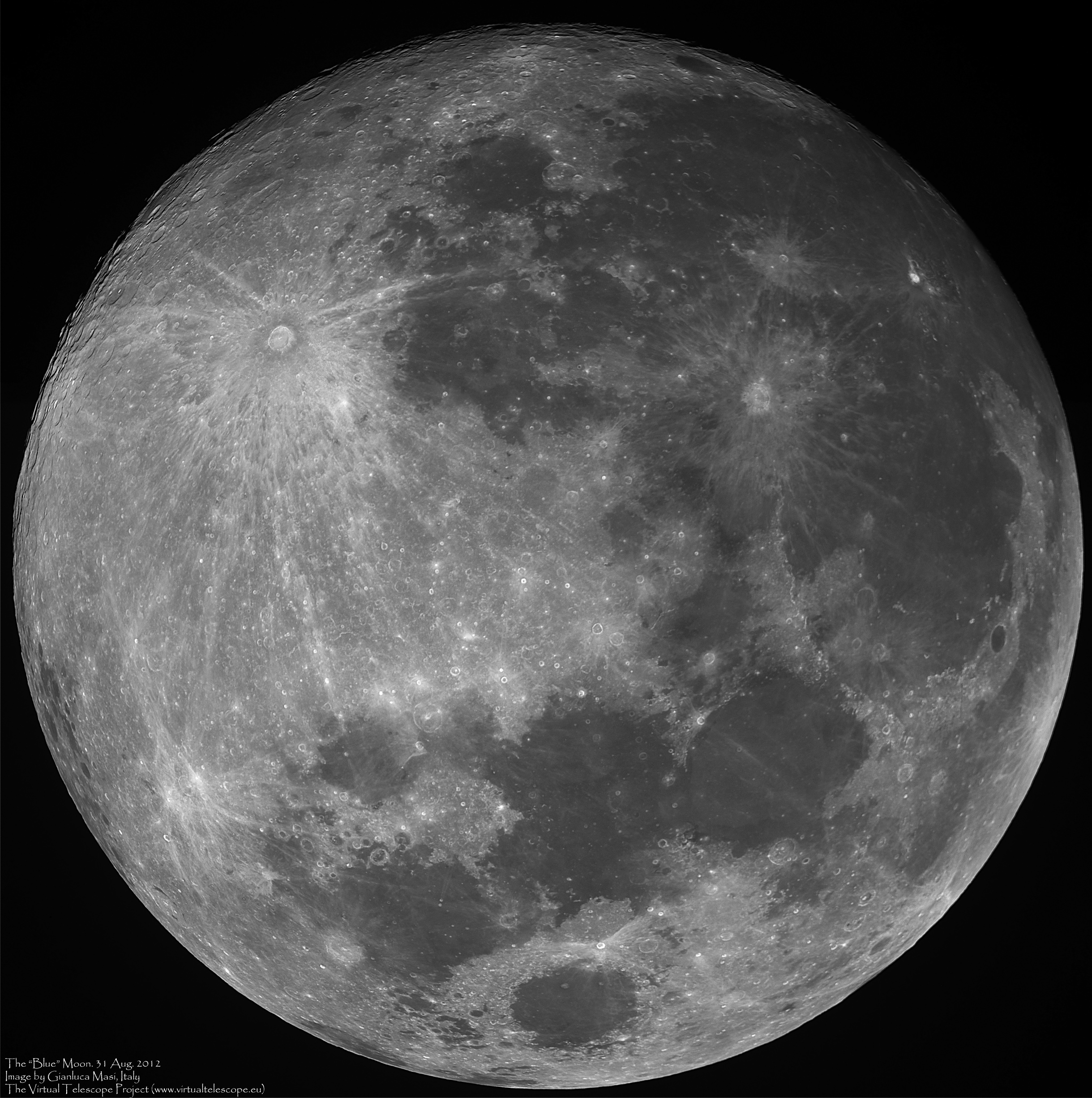
International Observe the Moon Night (InOMN) 12 Oct. 2013, lunar live
Many have begun calling the combination a "super blue blood moon eclipse.". In fact, the full moon will appear red or a burnt-orange hue, which is where it gets its "blood moon" moniker.
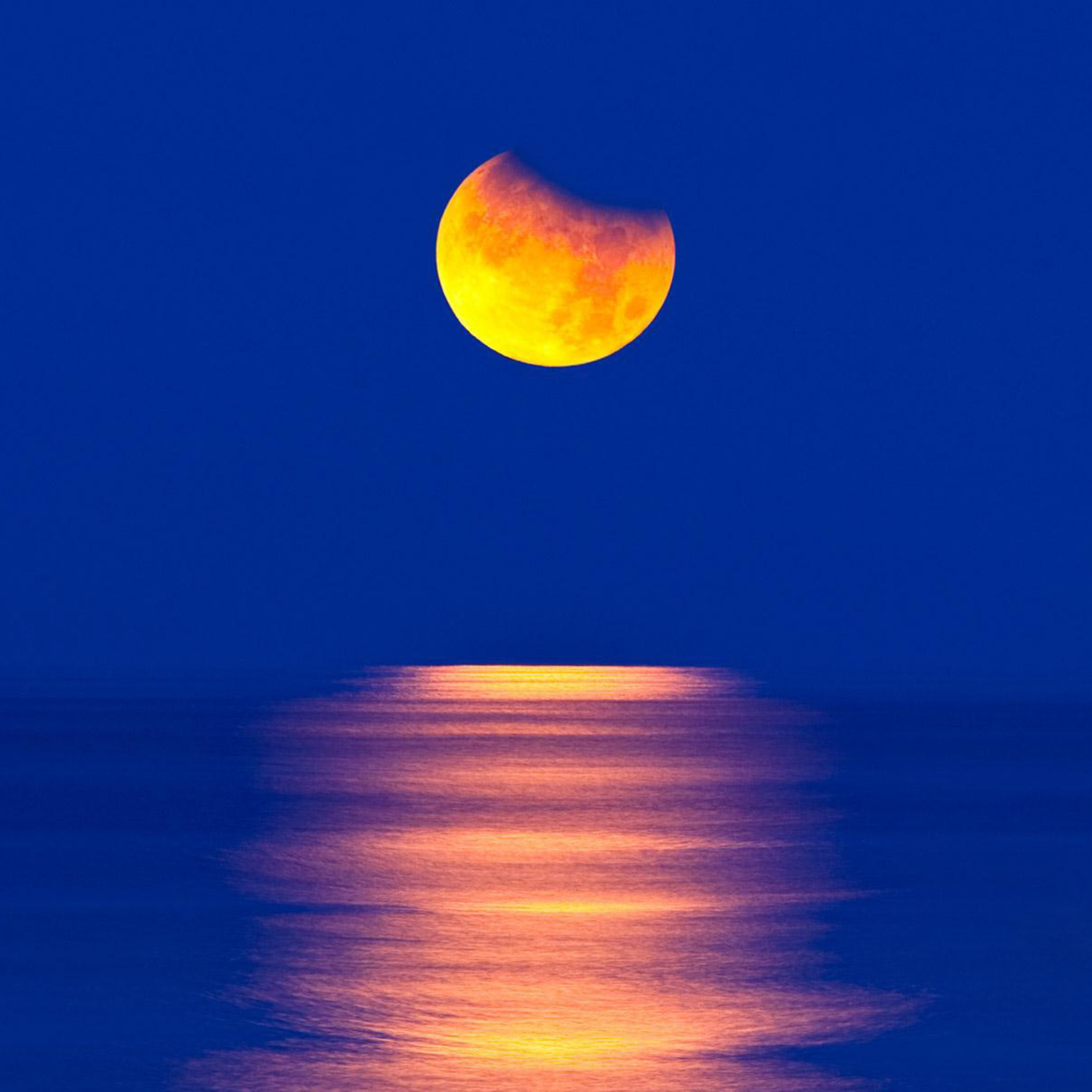
Orange Moon In Blue Sky Wallpaper for 2048x2048
Stargazers in a number of countries have been treated to a rare Super "blood" Moon as the Earth's satellite turned orangey-red. Such an event happens only when the Earth, the Moon and the Sun are.

Blue moon looks orange as it rises in smoky central Oregon
The blue light from the Sun scatters away, and longer-wavelength red, orange, and yellow light pass through. During a lunar eclipse, the Moon turns red because the only sunlight reaching the Moon passes through Earth's atmosphere. The more dust or clouds in Earth's atmosphere during the eclipse, the redder the Moon will appear.
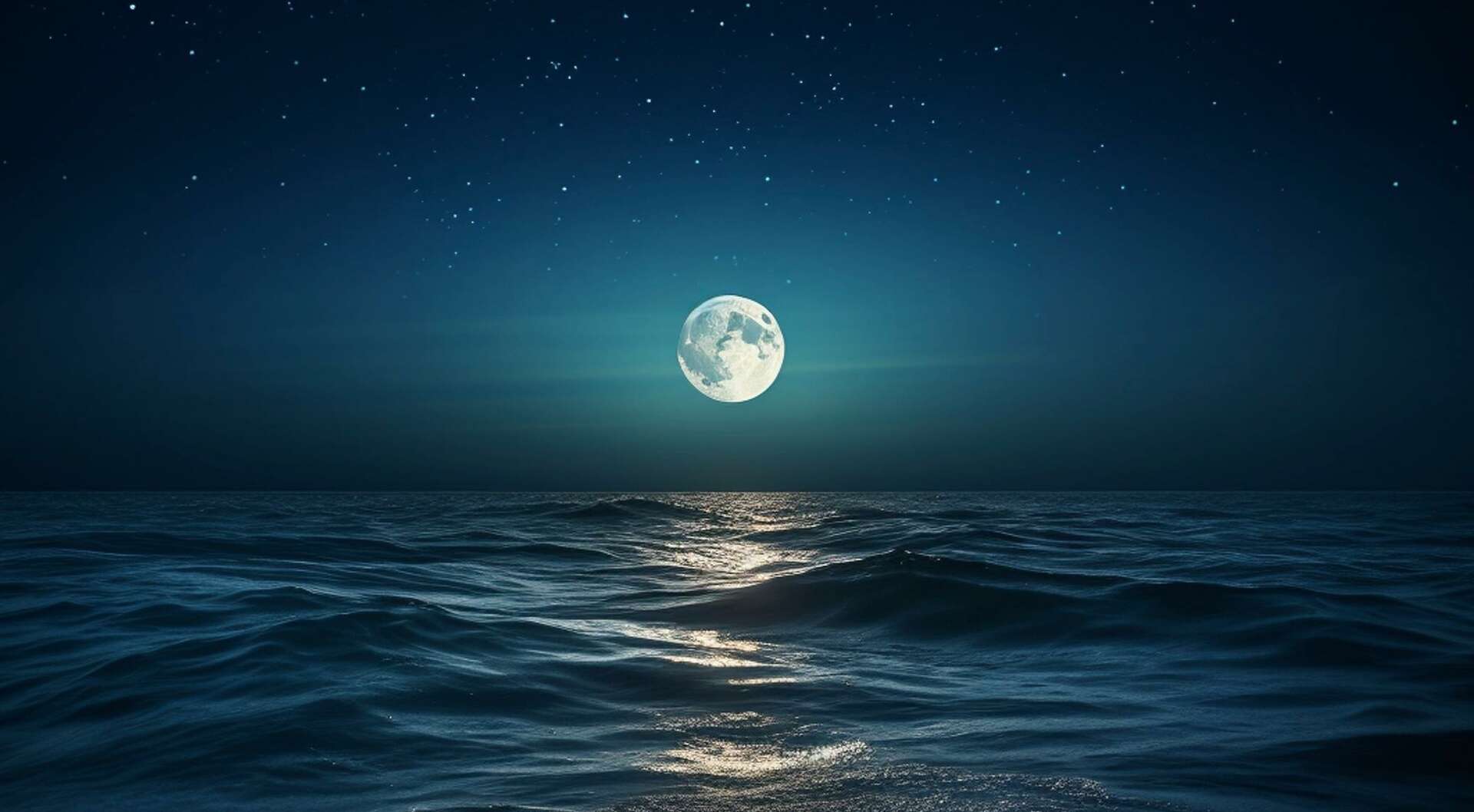
The Super Blue Moon of August 31st will be orange!
January 31 brings a lunar trifecta: the super blue blood Moon! This full moon is the third in a series of "supermoons," when the Moon is closer to Earth in its orbit — known as perigee — and about 14 percent brighter than usual. It's the second full moon of the month, commonly known as a "blue moon.". The super blue moon will pass.